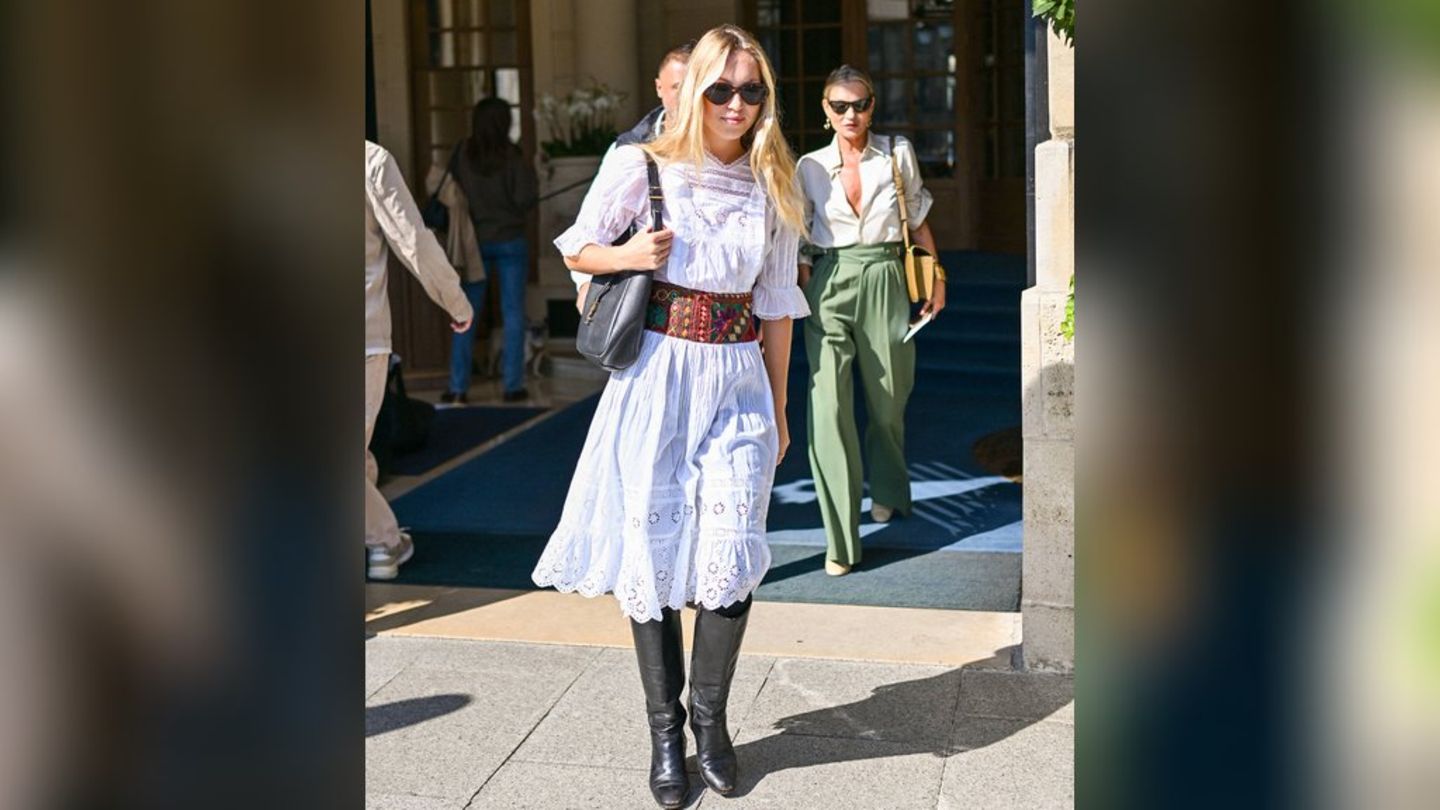Image: APA
The report by ORF correspondent Christian Wehrschütz was supposed to show videos in which Ukrainian men were arrested because they didn’t want to go to war. But in fact there was something else to see, the Mimikama platform noted. The ORF was taken in by Russian propaganda: One video shows the arrest of an agent of the Russian domestic secret service FSB, the other video shows Ukrainian students who are not allowed to study abroad and are therefore demonstrating on the border with Poland, with one being taken away.
The videos were then placed in new contexts and distributed online for pro-Russian propaganda purposes. The post also drew attention to the Ukrainian ambassador to Austria, Wassyl Chymynez. On platform X (formerly Twitter), he requested a correction by the ORF. This came yesterday on X, after a spokesman had spoken of “absurd allegations” the day before: Repeat checks had shown that the videos from Ukraine “do not correspond to the content transported in ‘Zeit im Bild’, which the ORF extremely regrets”. The broadcaster announced that it would correct the post and deal with fake news in the information war.
Christian Wehrschütz also wrote on X that he had not additionally checked the videos because they “came from a reputable source”: “The mistake will be a lesson for me, the first correspondent in 23 years.”
more from culture
“The Inspection”: A gay man in the Marines on the trail of “Full Metal Jacket”
With a passion for dancing on the “Sunnseitn”
“Understanding Debussy’s music better”
Records tumble at the Salzkammergut Festival
: Nachrichten
I am an author and journalist who has worked in the entertainment industry for over a decade. I currently work as a news editor at a major news website, and my focus is on covering the latest trends in entertainment. I also write occasional pieces for other outlets, and have authored two books about the entertainment industry.




